What is the Paleo Diet? While this has become a buzz word in the diet world, many are unclear about the paleo diet definition, what is included and what a paleo lifestyle means. Let's take a look!
Food is Fuel
Have you ever gotten a bad batch of gasoline in your car? If you have, you know how poorly it can cause your engine to run.
As you’re trying to make it work, you’ll find that your car sputters and stammers down the road while you’re trying to get where you’re going.
Yes, it is fuel, and fuel makes your car run, but if it isn’t the right fuel, your car won’t run well. If we make a habit of putting the wrong fuel into our cars, they will eventually wear down and stop working for us.
We do our best to take care of our engines because we want them to last a long time.
We can apply this same notion to our eating choices. Our bodies are engines. Food is fuel.
We know that, and yet sometimes we don’t do the right thing with our fuel choices, do we?
There are so many sugary, fatty, carb-loaded options that we love. And, so many busy days where we would rather go for a quick fix than a quality meal.
Before we know it, our engines aren’t working well. We are sluggish, overweight, and tired. How do we fix this?
What is the Paleo Diet?
There are so many different options to fix our diets that it can be difficult to pick one. We’re going to take a look at a popular diet, the Paleo Diet, and see how it measures up to our dietary and weight loss needs.
Paleo Diet Definition
The Paleo Diet is sometimes referred to as the caveman diet. It comes from paleolithic or stone age era and is also called the Stone Age or hunter-gatherer diet. The theory behind the diet is to eat what our ancestors ate before civilization brought such diseases as obesity, heart disease, diabetes, cancer, osteoporosis, acne, gout and other ailments.
By going back to this way of eating, proponents of the diet state that our bodies are able to shed excess pounds that are brought on by eating processed foods. And, that are bodies will run more efficiently and we will feel better.
What can I eat on the Paleo diet?
The paleo diet requires you to eat like a caveman would during the paleolithic era - anything that could be hunted or gathered.
Can you imagine the world they lived in? There are no McDonald’s, no quick trips to the store. Just you and what you can gather with your own two hands.
Here are some of the foods you will eat while you’re on the Paleo Diet:
- Fresh meats - Meats should be from grass fed meats or free range animals
- Seafood - wild caught or fed a diet that wild fish would eat
- Fresh fruits - eaten in moderation
- Vegetables - some paleo followers will only eat vegetables that can be eaten raw. They do not have to be eaten raw but must be able to be. Potatoes therefore, would not be eaten.
- Nuts and Seeds - peanuts and legumes are not allowed
- Healthy oils - olive, coconut, avocado, macadamia, walnut and flaxseed - oils from allowed plants are acceptable
- Wine (in small amounts)
- dark chocolate (choose at least 70% cocoa content or higher)
- salt and spices
As you can see, there is a lot of variety in what can be eaten on the Paleo diet even though it may not be what you are used to eating.
Foods to Avoid on the Paleo diet
Since many of our commonly accepted foods of today are processed, they are not allowed on the Paleo diet. Remember hunter-gatherer - any foods that could be hunted, killed and eaten or gathered.
- Refined sugars - Sugar has many names, such as, corn sweetener, corn syrup, cane sugar, dextrin, dextrose, fructose, just to name a few. Some Paleo followers will allow honey as a treat.
- Dairy products - some modified paleo diets include full-fat butter and cheeses
- Grain
- Legumes
- Processed foods
- Bread products made with grain
- Artificial sweeteners
You want to fill your body with good things. Many of the foods you’re avoiding simply wouldn’t have been available to the hunter-gatherer.
The legumes, beans, and grains were incorporated into our diets once we began to farm and settle in one place.
Eating a Paleo diet will get your body away from all of the refined, fatty, unhealthy foods that are a result of our society's progression.
Benefits of the Paleo Diet
1. The Paleo diet can help reduce weight. It is a low carbohydrate diet. For many, going low carb means weight loss, especially if you normally have a diet filled with processed food. Paleo eating may not result in weight loss if you already eat a diet high in fresh fruit and vegetables.
2. The Paleo diet can help lower cholesterol and blood sugar levels. One reason could be the change from a processed diet to one that is low carb resulting in weight loss. If you lose weight, your cholesterol and blood sugar levels normally decrease.
3. Health benefits have been shown to occur as a result of the Paleo diet. Metabolic and physiologic improvements from consuming a paleolithic, hunter-gatherer type diet have been documented. Research has shown that a return to eating a more traditional diet such as the Paleo is beneficial In a study of nine, non-obese sedentary volunteers who were on a Paleo diet for 10 days the following conclusion was published:
Even short-term consumption of a paleolithic type diet improves BP and glucose tolerance, decreases insulin secretion, increases insulin sensitivity and improves lipid profiles without weight loss in healthy sedentary humans.
There really are health benefits of the Paleo diet!
What is the Paleo Diet and Its Meaning for You
For many, finding the answer to "What is the Paleo diet?" has been life-changing. It has helped many shed unwanted weight and restored the energy they once had.
The Paleo diet is a traditional foods diet and those following it eliminate processed and refined foods from their diet.
That's a good thing!
One concern I have about the Paleo diet is that it cuts out whole food groups - grains (even if sprouted or soaked) and dairy (although, some followers will use sparingly raw or fermented dairy products).
I have successfully reversed rheumatoid arthritis, osteoporosis and eczema with the GAPS diet and a healthy lifestyle.
But, the GAPS diet is meant to be for a period of time to allow for healing of the gut - not a long-term diet.
While it is very similar to the Paleo diet, the major difference is the probiotics and bone broth. Both of which play an important role in the GAPS diet to heal the gut.
I believe that properly prepared grains can be eaten without sacrificing health. I don't view them as something I should eliminate from my diet forever.
Also, as much as I don't like processed foods in the traditional sense, one can technically count cheeses and fermented dairy as processed foods.
These foods contain healthy probiotics and can be a great source of protein for people who don't consume meat. So am I ready to cut those out? Not so fast.
Gut health is very important for the health of you body.
So, if you choose the Paleo diet, add probiotics in the form of kefir, yogurt,(use whole full-fat milk) sauerkraut, fermented carrots to name a few probiotic rich foods.
I am sure others have and do benefit from the Paleo diet. I myself enjoy many of the recipes I have found that are Paleo diet friendly.
But, as a lifestyle and long-term way of eating, I prefer a less restrictive diet. I want the freedom to try new things, and to enjoy old favorites like homemade cheese.
If you are a Paleo follower, I would love to hear your experience - Why did you chose to follow the Paleo diet? Do you miss grains and dairy products? Leave a comment and tell us!
Pin It!

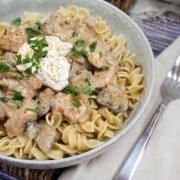

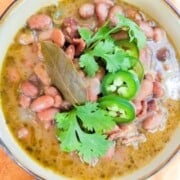
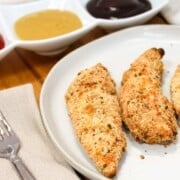

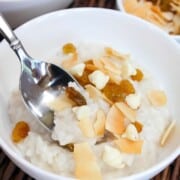


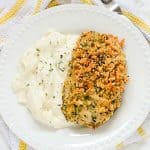

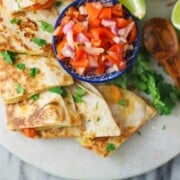
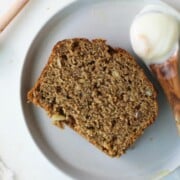

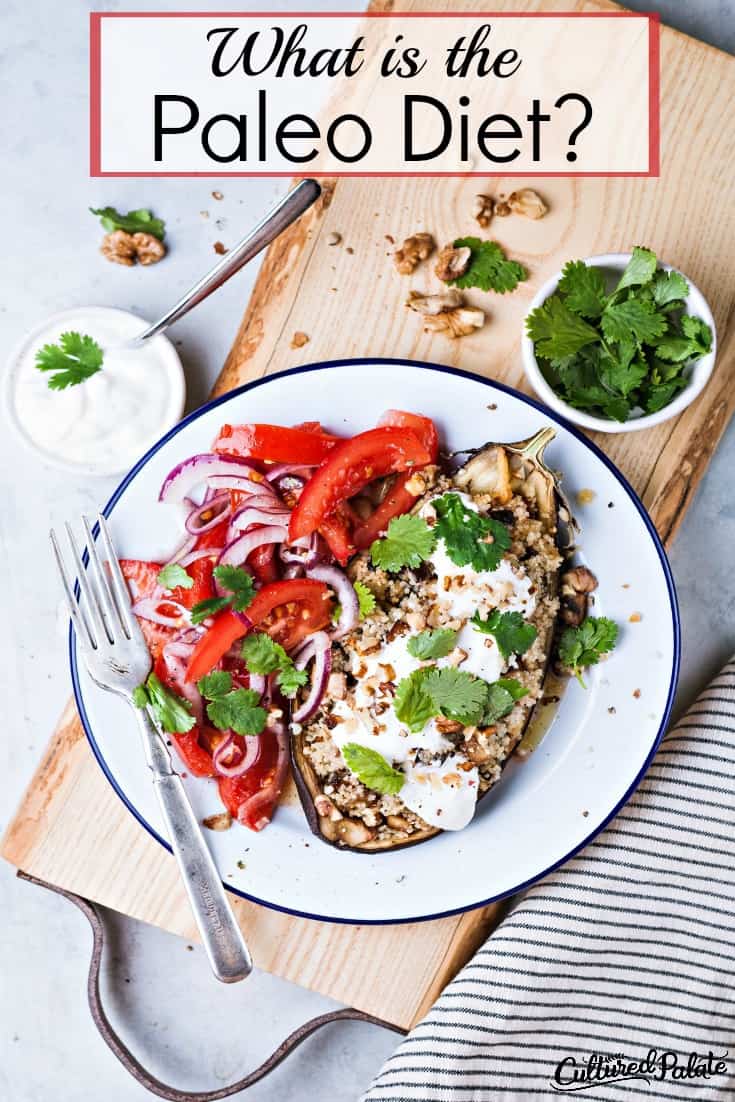
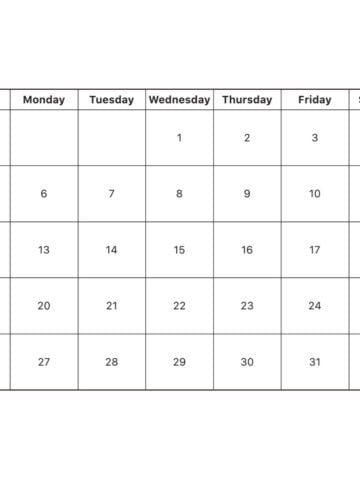
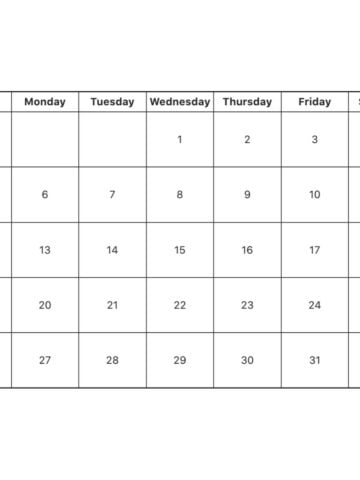
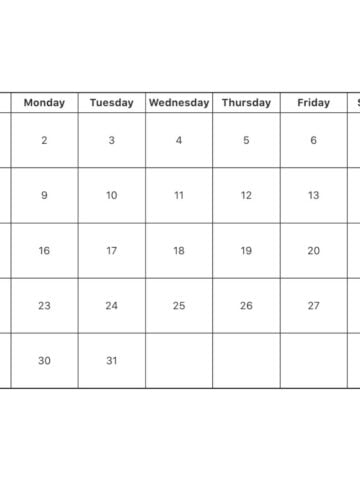
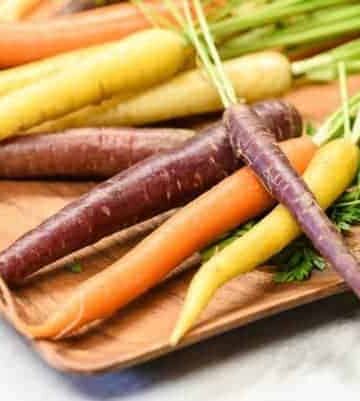
Elena
I ate paleo for several years, before I knew that it had a name :) I don't miss grains at all, I do use some dairy from time to time. It is simple, nourishing and I really don't have any reason to change it :)
paleo diet
Hello to every body, it's my first visit of this blog; this webpage
includes remarkable and truly good material in support of visitors.
PaulJohnson
There are no bad or good foods, only bad or good decisions. Going "paleo" may be one of them.
Bear in mind that all diets based on a restriction of some kind are doomed to failure.
You will surely lose weight when restricting a macronutrient that makes about 50% of your total food intake. (In the first days the weight loss will be mostly water.) However, most low-carb dieters give up after a few months for the simple reason that we are all designed to crave carbohydrates.
Also bear in mind that there was no single paleo-diet.
Dina-Marie
Paul, thanks for your input and I agree that restricting whole food groups may not be the best decision for everyone!